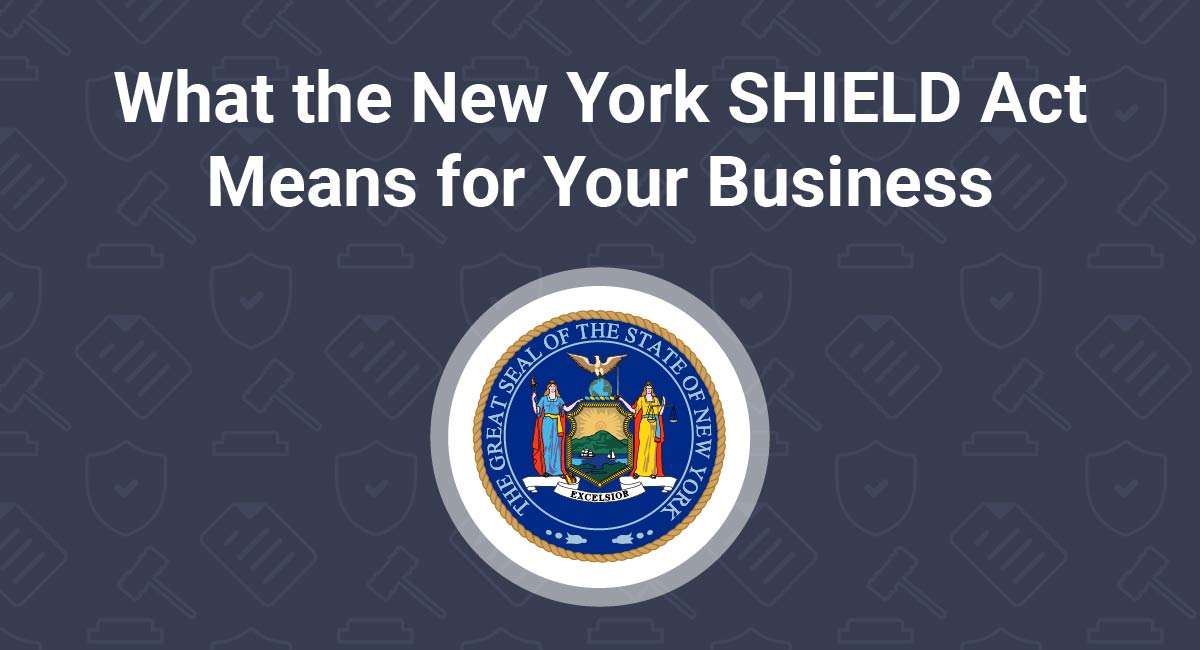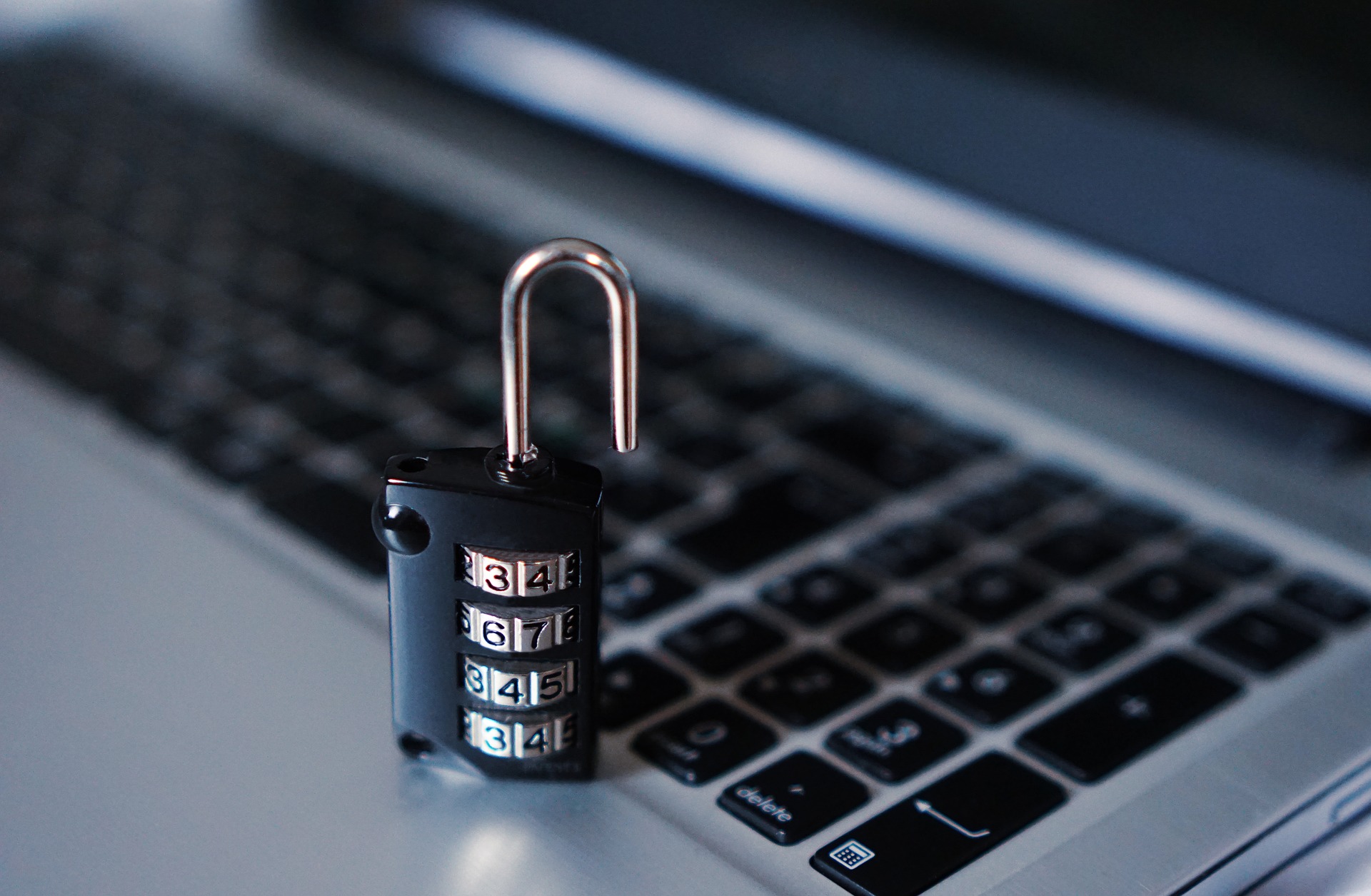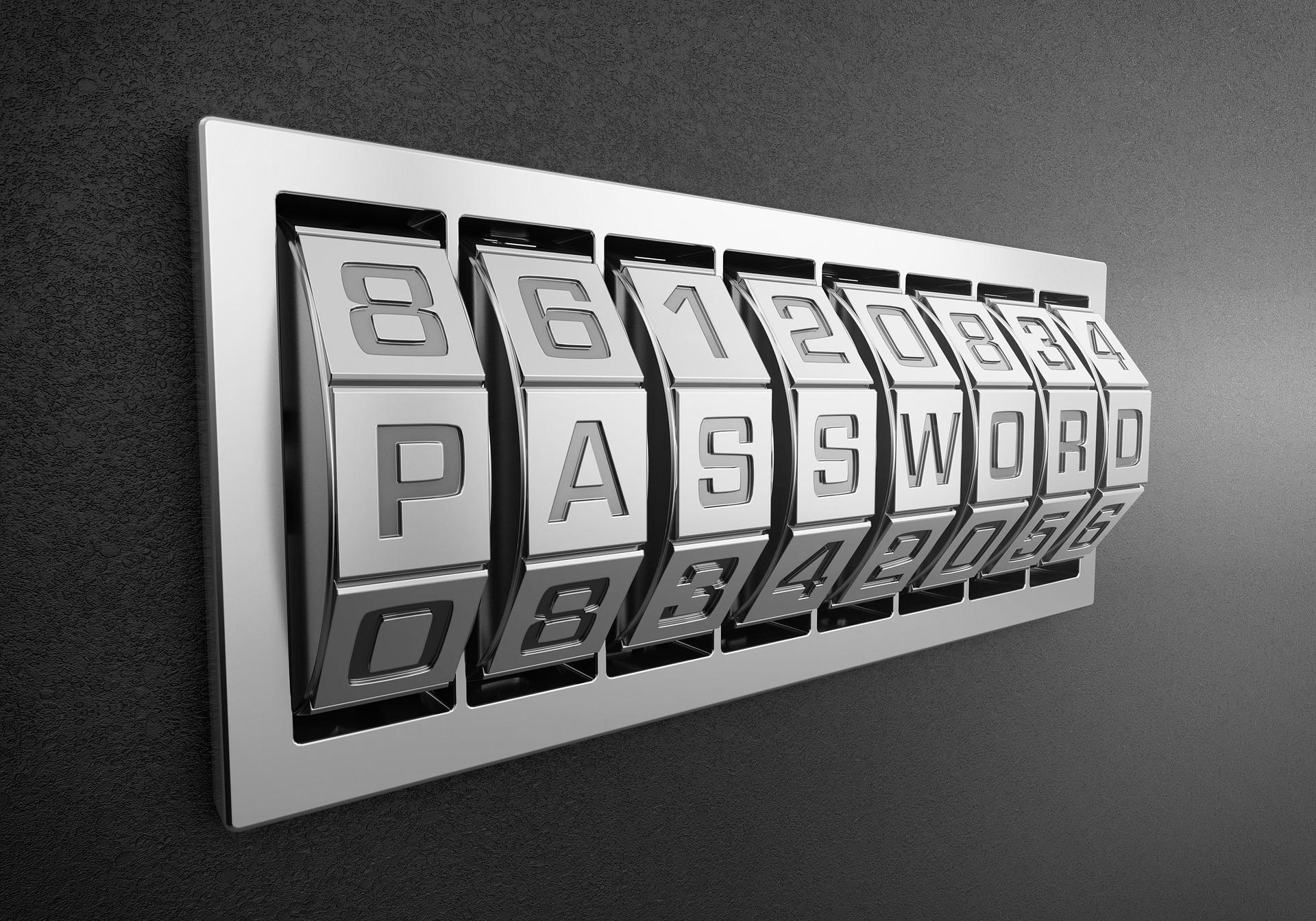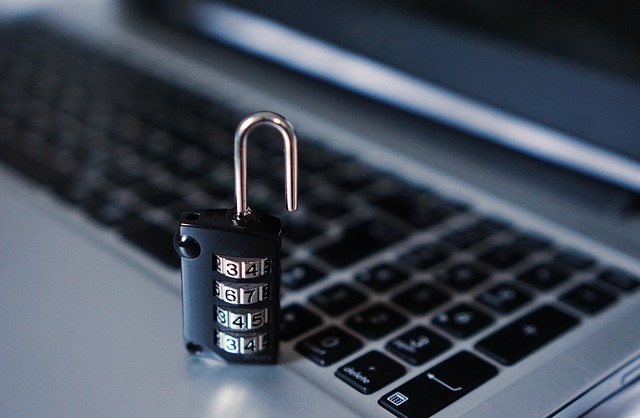
Experts agree that cybersecurity threats present significant risks to businesses, including law firms. Clients place a great deal of trust in law firms, which have a clear duty to protect their clients’ sensitive information. While bigger targets exist, hackers have begun targeting law firms because they found them to be the weakest link.
Law firms usually have relatively weak or non-existent cyber-defense systems or protocols in place. Fortunately, mitigating risks from data breaches or ransomware requires a small number of relatively simple measures. Here are some cybersecurity best practices any law firm can put in place.
1. Use Multi-Factor Authentication
Also known as two-factor authentication, this simple procedure makes use of a user password and something else the user has (e.g., token, app, device, etc.) to generate a second temporary password or code to login to an information system. It may seem cumbersome to require a password plus a second step, but it is the easiest procedure a law firm can implement to significantly improve security.
2. Never Share Logins or Passwords
Password sharing remains a common practice, even in businesses. Employees do this all the time, often just to give a coworker access to a program or to simplify login procedures from a remote location. In some cases, passwords can be found on notes sitting on employee desks or sticking to monitors.
Reusing accounts presents a similar risk. In this instance, employees continue to use the account of a departed employee to maintain access to a specific profile or to data that profile can access.
Law firms should eliminate password and login sharing, requiring their IT department to create new logins for incoming employees and delete old accounts.
3. Choose Better Passwords
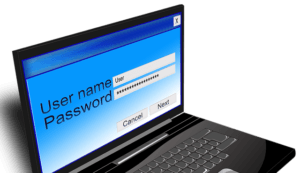 Passwords constitute the first, and sometimes only, line of defense against cyber-attacks. Hackers today use improved technology to crack passwords, ending the days when an employee could use the same simple password forever.
Passwords constitute the first, and sometimes only, line of defense against cyber-attacks. Hackers today use improved technology to crack passwords, ending the days when an employee could use the same simple password forever.
Law firms should require passwords that are longer, use more diverse characters, and are changed regularly. A good password consists of at least eight characters, a mix of letters, numbers, and special characters, a limitation on repeat characters (e.g., BB).
Each system should have a unique password, and law firm employees should be encouraged to vary passwords on different websites they access. Another good practice is to use an extremely complicated password for email accounts, which is needed to reset passwords. Password managers also exist to help manage many different accounts.
4. Update Systems
Installing updates, while often frustrating, protects an operating system from vulnerabilities. Upgrading the operating system to the current version (e.g., Windows 10 or Sierra) provides extra protection.
5. Encryption
This uses a formula to make data unreadable without a key. As long as the key is secure, the data remains safe. Several services exist that provide encryption, and the latest computers have encryption that simply needs to be enabled.
These steps are relatively easy to set up, but transform a firm’s cybersecurity. Law firms face risks like every other business. By enacting industry best practices, a law firm reduces the dangers of an attack and gives their clients the security they expect.
Contact Us
JDL Group can help your law firm adopt the right cyber security strategy. Contact us today.
Additional Resources:
http://www.onelegal.com/blog/5-steps-to-getting-serious-about-law-firm-cyber-security/
http://www.lawtechnologytoday.org/2017/02/tips-for-risk-mitigation/
http://www.lawtechnologytoday.org/2017/01/why-remote-security-is-a-must/
https://blog.lexicata.com/how-to-improve-data-security-at-your-law-firm/







